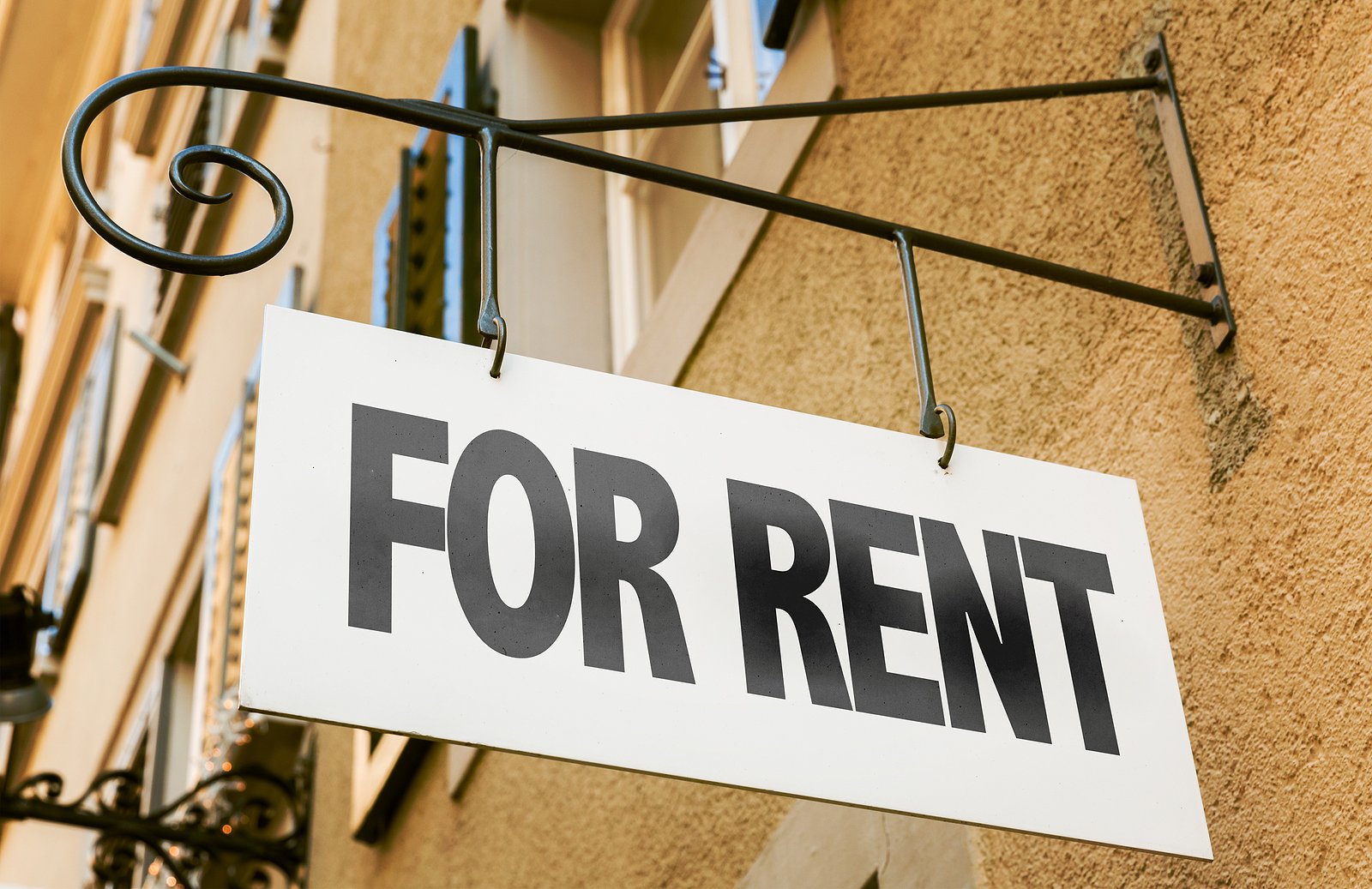Recent years have seen a noticeable increase in homeowners investing in rental properties and converting existing real estate into rental property income. The appeal of the short-term home rental market has increased partly due to the COVID-19 pandemic amid safety concerns and has been further fueled by the skyrocketing prices of traditional apartment rentals, fluctuations in mortgage interest rates, and the slowdown of new home construction. If you’ve decided to enter this arena, you’ll want to take a moment to review the details of something we’ll refer to as New Landlord 101 - Learning the basics of rental property management.
General Considerations
Prior to taking on the role of a landlord, there are some important items to take into consideration, not least of which are the taxes and regulations that come along with your new source of income. Here are just a few of the things you must contemplate before making the decision to become a landlord. Keep in mind that each one of these are important to determine how successful you will be as an owner of a rental property.
-
It’s a part-time job (at least), and you’ll need to be consistent in collecting rent and charging fees.
-
For longer-term rentals, you may need to hire maintenance vendors like landscapers, handymen, carpet cleaners, etc. It’s a great idea to vet the service providers and have more than one of each profession on call, before they’re actually needed. Keep a written list of their names and numbers handy, whether digitally or traditionally.
-
Insurance coverage needs to be appropriate for the rental. It’s crucial to ensure that your vendors and service providers who will be working on the premises have updated licensing, and the right coverage with sufficient insurance.
-
Be sure to consider whether you will allow such things as smoking indoors, or if you’ll allow your renters to have pets.
-
Set up a system with a separate account for collecting Security deposits. This will enable you to keep those funds separate from your rental income.
-
It’s recommended to regularly consult your accountant to assist you with setting the appropriate pricing, which will help ensure you meet your financial goals.
Legal Considerations
Even a seemingly simple lease to an acquaintance should be treated with care to make sure you are protected from liabilities that can arise in any tenant-landlord relationship.
-
Use a written lease every time – make sure it includes the names of all tenants, limits on occupancy, rent, deposits, fees, the term of the lease, and repair and maintenance details.
-
Educate yourself regarding local rental regulations and zoning laws, including eviction laws.
-
Conduct all business in writing if possible. If you must work by telephone, follow up in writing via email or text as soon as possible. Make sure you keep accurate records of any repairs or equipment purchases in your documentation.
-
Find an attorney specializing in landlord-tenant law to review your lease in case you need to enforce it at any time.
-
Regarding longer-term rentals, especially, always employ the use of standard legal applications and move-in/move-out inspection forms.
Tax Considerations
There’s an old saying, “No job is finished ‘till the paperwork is done,” which holds true with rentals of any length and any property. Unfortunately, taxes are often one such unwelcome set of papers that must be handled properly and efficiently.
-
When considering short-term home rentals, be aware of the 14-Day rule. Federal income tax is not owed if the home is not rented for more than 14 days during the year or if you use it for personal use at least 10% of the total days you rent it to others.
-
In general, longer-term rental income is considered passive income.
-
If you provide substantial (hotel-like) services for your tenants, your rental income will be classified as active, and you may be subject to self-employment taxes.
-
Remember that good bookkeeping practices are priceless as they can be used for any sort of disputes which may arise, including legal ones.
As you consider all the ins-and-outs of becoming a landlord, Myrick CPA has a team of accountants and advisors in place to assist you in gathering vital information. The team can assist you in the preparation and keeping of records which are necessary for a well-run, successful venture. Contact Myrick CPA to schedule an appointment and get moving with your rental income investments.





